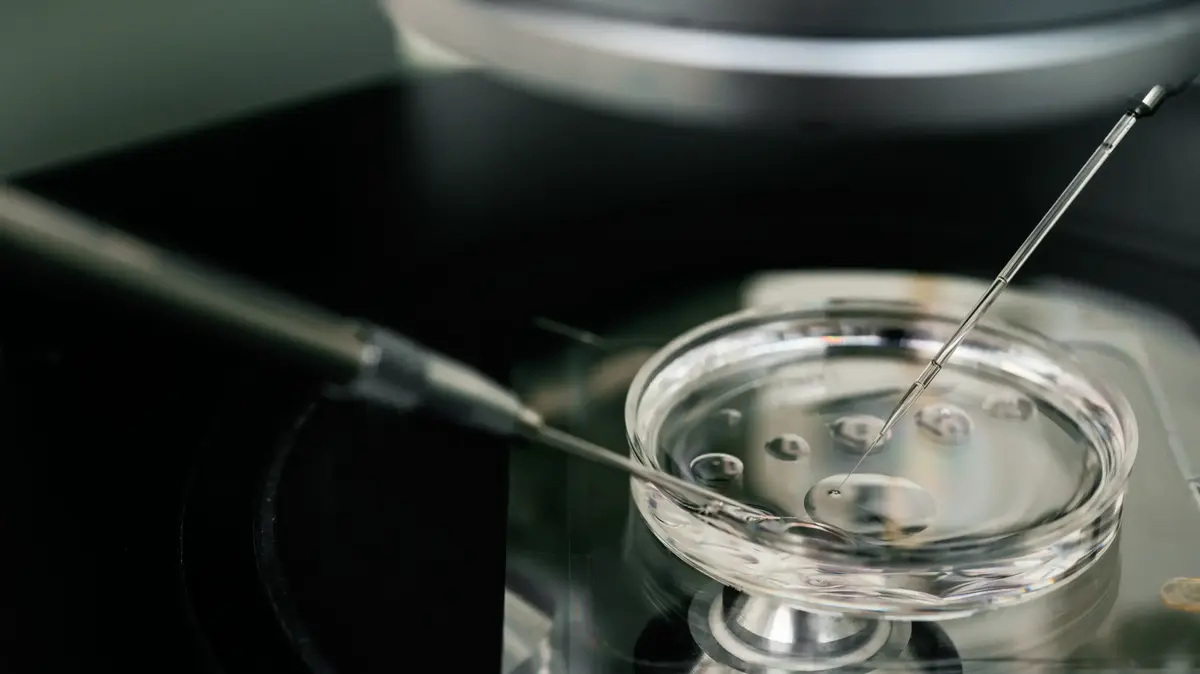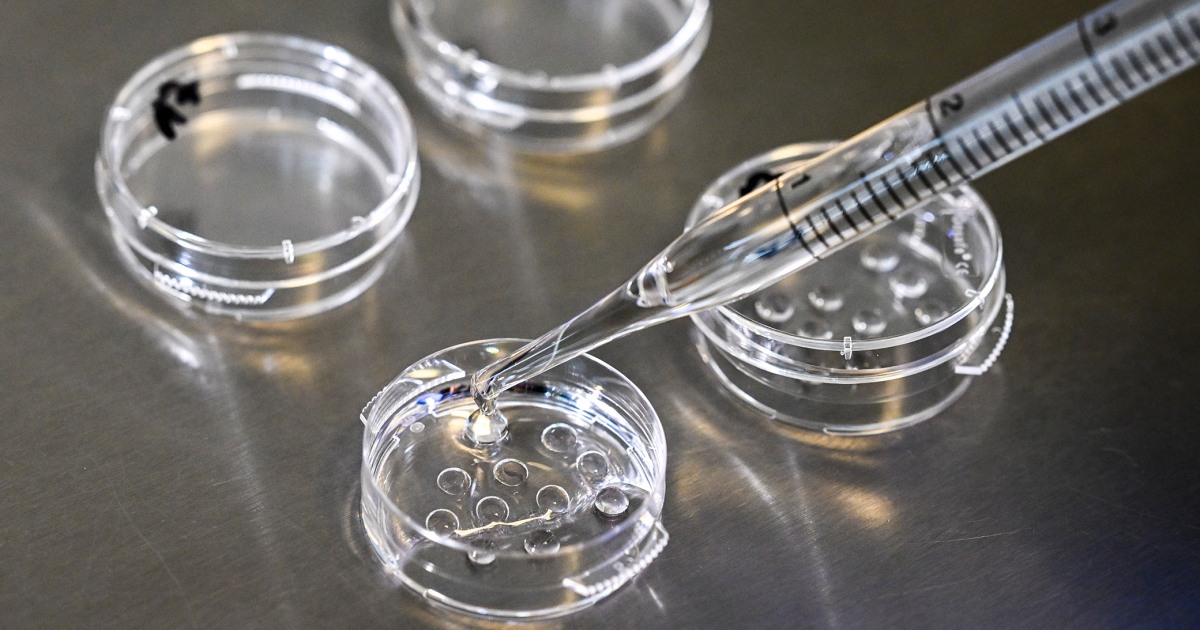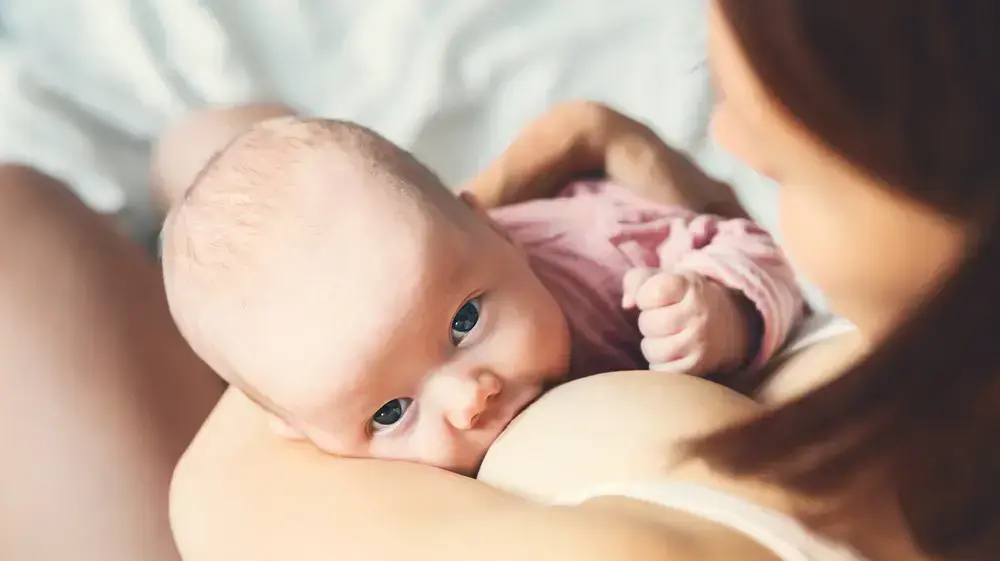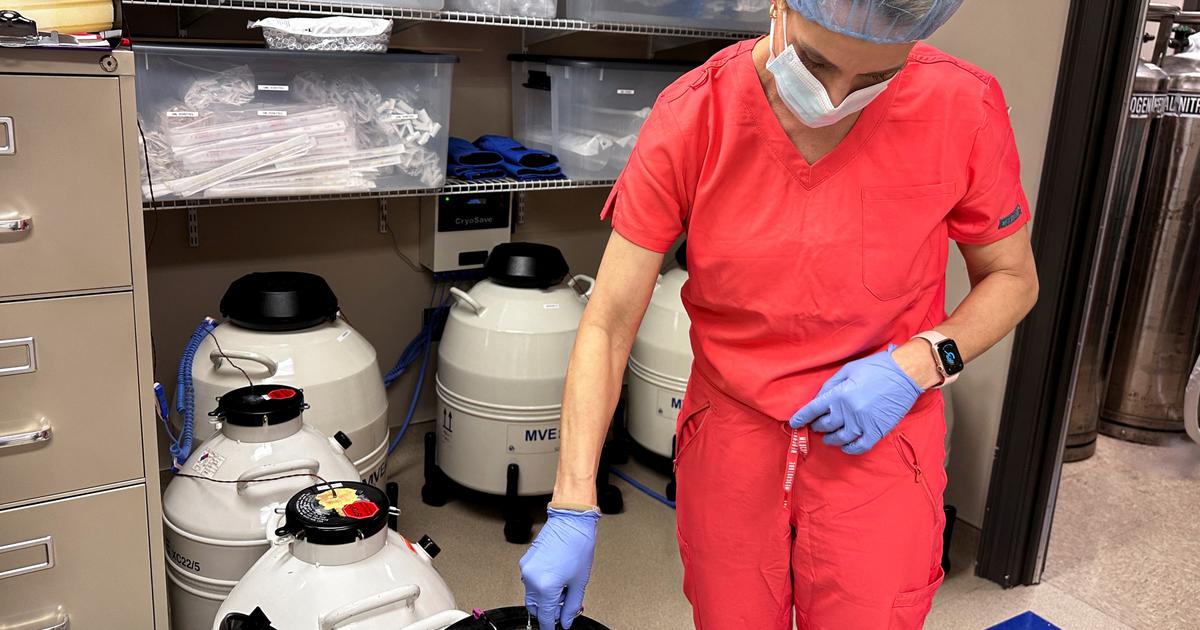IVF babies have a higher risk of death in their first year of life
According to a new study, babies born after fertilization treatments and interventions in the conception procedure are twice as likely to die in the first few weeks of life compared to babies born as a result of natural pregnancy. According to the researchers, it's probably because most of them are born premature
IVF babies have a higher risk of death in their first year of life
In the video: Story in a Minute - A woman lost 12 frozen embryos
In Israel, where the couple do not let the moment they still have children forget, the possibilities of becoming parents are maximally exploited. In the field of IVF our small country is considered by itself - with more than 7,000 "test tube" babies born each year, which is more than four percent of all babies born in Israel (compared to only one and a half to two percent in other Western countries), and an impressive nationwide deployment rate of nearly 30 in vitro fertilization units. In addition, Israel is the only country in the world to fully fund, by law, fertility treatments for spouses with less than two children.
More in Walla! NEWS More in Walla! NEWS5 surprising ways in which the body signals fertility problems
To the full articleAlongside the great successes in raising the rate of pregnancies and births, many studies have been done to investigate the effect of the form of fertilization on fetal health. A major study conducted a few years ago in the United States by the Center for Disease Prevention (CDC), which included the surveillance of approximately 4 million newborns, 50,000 of whom were born via IVF, up to twice the rate of heart failure, a cleft lip incidence rate And problems with the development of the esophagus and the digestive tract, as well as an increase in rare syndromes that include malformations (still, numerically, the rate of malformations is very rare and certainly does not justify giving up the process). Other studies on IVF pregnancies have found that there is some increase in preeclampsia, gestational diabetes, low birth weight, preterm birth, and cesarean delivery.
More in Walla! NEWS
Surprising ingredient that raises male infertility and increases testicles Children born with IVF are at high risk of suffering from heart disease already at the age of 16 babies born at an early birth are at increased risk of contracting diabetes, which is the safest method to get rid of nail fungusA huge new study in Sweden has shown that IVF babies are twice as likely to die in their first months of life than babies born as a result of natural pregnancy. Researchers at the Karolinska Institute in Sweden analyzed 2.8 million children born in Sweden over 30 years. About 43,500 of them were born as a result of IVF. A total of 7,236 children died before they reached the age of one year, of which 114 were born through IVF. After investigating factors such as childbirth and previous fertility problems, researchers found that children born with fertility had a 45 percent higher risk of dying before their first birthday, compared to other children.
The researchers estimate that the results of the study are due to a high percentage of preterm neonates. Expires in incubator (Photo: ShutterStock)
Illustration (Photo: ShutterStock)
The level of risk varied according to the type of conception technique used and the number of days since birth. During their first week of life, babies born through frozen embryo were twice as likely to die. However, this figure was based only on a small sample of children born as a result of this technique.
A week later, that is, two weeks after birth, the risk decreased and compared to that of babies born as a result of natural pregnancy. Infants born with the technique of fresh embryo transfer or micro-manipulation (sperm injection into the oocyte cytoplasm, ICSI) were not at higher risk of death. The risk gradually decreased after the first few weeks of baby life. Beyond the age of one year, the risk of mortality was similar in all infants, regardless of the method of conception.
The conception method may make the difference
"Our results indicate that conception can make a difference, so it's important to explore more about the causes or mechanisms behind the risks," said senior lead author of the study, Professor Anastasia Neiman Illido, "they also show the need for extra attention and child care through IVF, especially in the first week of their lives. "
IVF infants are twice as likely to die in the first few weeks of their lives. IVF (Photo: ShutterStock)
IVF (Photo: ShutterStock)
According to the team, a possible reason for the results obtained is that "test babies" are usually born premature and this can weaken their immune system, which in itself can have negative consequences. One of the major risks of premature babies (week 37) is difficulty breathing. They also have an undeveloped immune system, which makes it difficult for them to fight the infection.
The leading causes of infant mortality in pregnant newborns with assisted reproductive therapy include respiratory distress, partial development of the lung, infections, and bleeding, which are conditions often associated with premature birth. Previous research shows that IVF pregnancies also come with an increased risk of low birth weight and birth defects, such as prematurity. These risks have been linked in part to the increase in the probability of twin births following IVF treatment, but the present study selected only single infants. According to the team, the underlying cause of infertility in the mother or father may also lead to a higher risk of complications.
These are still low numbers
The researchers wanted to emphasize that the risk of death was still very small for infants in all groups. According to Professor Kenny Rodriguez-Wolberg, co-author of the latest study: "It is important to note that even if at the group level we can see a slightly increased risk of infant mortality after IVF, the absolute risk for each person is still very small. It is also reassuring to know that there is no increased risk of mortality. In this population beyond the first year of life. "








/cloudfront-eu-central-1.images.arcpublishing.com/prisa/K6S6W4EXJ5BQTOJZKVLQCIZDQY.jpg)
